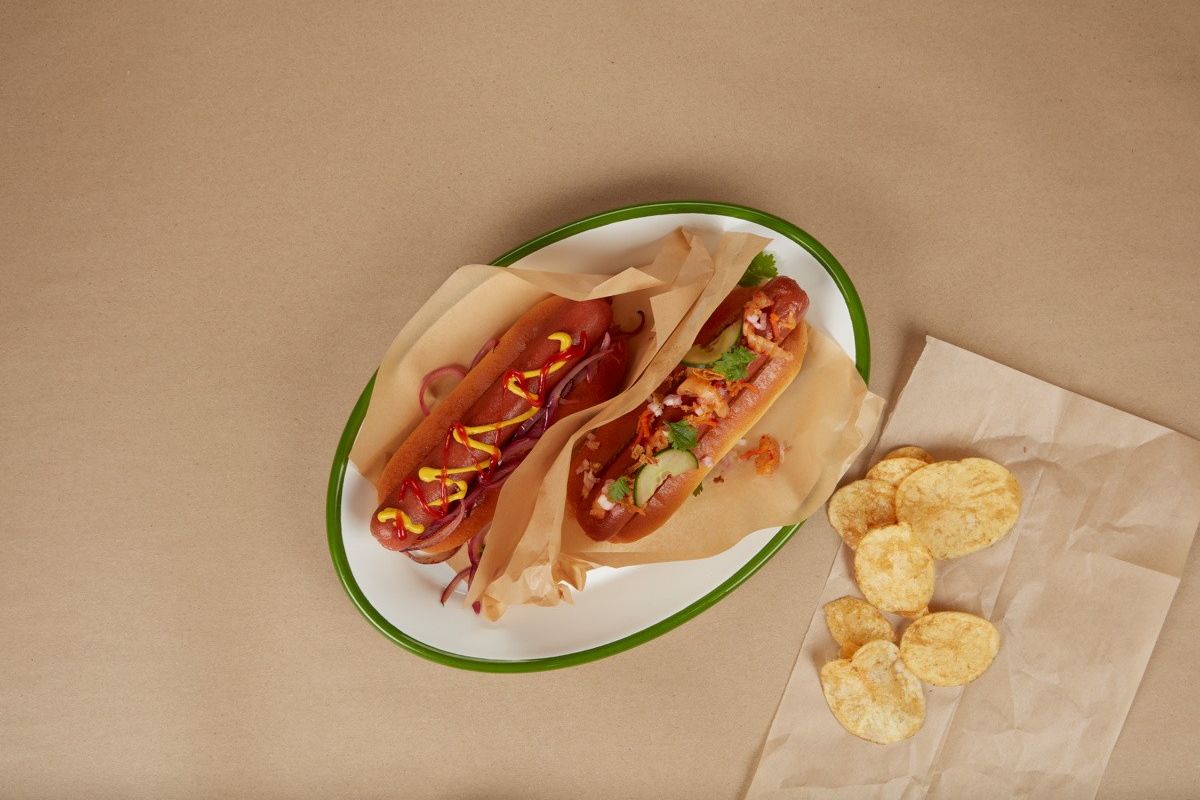The government has announced a £12 million investment in a sustainable protein research centre.
The Engineering and Physical Sciences Research Council, part of UK Research and Innovation, has funded the Cellular Agriculture Manufacturing Hub led by the University of Bath.
The development of cell-level processes would enable production of foodstuffs and the vast array of co-products that are the same as traditional products produced in a system similar to brewing.
The hub, which will run for seven years, will investigate how to manufacture cultivated meat at scale. A peer-reviewed study recently found that cultivated meat can cut the climate impact of meat by up to 92 per cent, reduce air pollution by up to 94 per cent, and use up to 90 per cent less land.
Researchers will also look into developing foods such as sustainable palm oil through precision fermentation – a technique which also uses organisms such as yeast to produce real egg or dairy proteins to deliver the flavour and texture of foods like cheese, meat, and eggs without using animals.
Led by Professor Marianne Ellis, from the Department of Chemical Engineering at University of Bath, the hub,aims to transform food production, transitioning to an environmentally, economically, and socially sustainable model in which novel manufacturing systems complement traditional food production.
“Our initial focus will be the tissue engineered cellular agriculture product, cultured meat, and the precision fermentation product, alternative palm oil, but as the hub expands we expect many other cellular agriculture products to benefit from the research programme,” Professor Ellis said.
“We will take a transdisciplinary approach by engaging with consumers and other stakeholders from the outset to ensure we complement and boost our country’s food and farming industry for sustainability, social, and economic gains.”
The hub is the largest single investment the UK government has made to date in sustainable proteins. It follows the government’s promise to support these foods as part of £120 million of research and development earmarked in last year’s Food Strategy.
Experts from the University of Birmingham, the University of Aberystwyth, University College London, and the Royal Agricultural University will partner with the University of Bath, while UK-based cultivated meat companies including Hoxton Farms and Quest Meat, among others, will also be part of the hub.
“With 9 billion mouths to feed by 2050 we need to double world food production on the same land area, using half as much energy and water. We cannot achieve that through traditional agriculture,” Science, Research and Innovation Minister George Freeman said.
“The Cellular Agriculture Manufacturing Hub will spearhead the development of new processes to produce key food groups like proteins sustainably and cost effectively to feed a growing global population.”
The Good Food Institute Europe, which works to advance sustainable proteins, has welcomed the investment and says a transition towards these foods will help the UK achieve its climate objectives.
“[The] announcement is a seismic move in the development of a UK sustainable protein industry and I want to praise the government for investing in the extraordinary potential of these new ways of making meat,” Linus Pardoe, UK policy manager at the Good Food Institute Europe, said.
“This landmark investment is a strong indication that the UK government recognises the importance of cellular agriculture and the need to invest in the R&D necessary to help British companies scale production, bringing down costs and making this food available to everyone.
“It’s also great to see that this project will explore the societal implications of these new ways of making food, ensuring that consumers and food producers understand and benefit from these game-changing innovations.”


